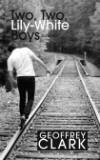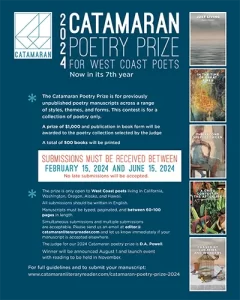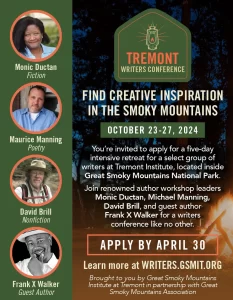Two, Two, Lily-White Boys
Nostalgia, a common pitfall for many fiction writers, works purposefully in Geoffrey Clark’s Two, Two, Lily-White Boys, a risky, old-fashioned themed novel that takes aim at the usual sentimental tropes: adolescence, sex, innocence, apathy.
Nostalgia, a common pitfall for many fiction writers, works purposefully in Geoffrey Clark’s Two, Two, Lily-White Boys, a risky, old-fashioned themed novel that takes aim at the usual sentimental tropes: adolescence, sex, innocence, apathy.
As if daring readers to give up early, Clark’s protagonist, 14-year-old Larry Carstairs, learns his lessons at a Boy Scout Camp. Boy Scout Camp! Also, the year is 1953. 1953! It’s almost as if Clark wants his reader to conjure some unpainted or lost Norman Rockwell classic in his prose.
The novel is slow to develop with a meticulous “gee-whiz look at that” narration. Larry reveals camp life as if he’s a novice, even though he’s been there before. Yet there are some insights that very much capture the adolescent mind: “I’d been thinking about the guy who got away with blowing a fart at mess, trying to figure out if I admired him. I guessed I did.”
Bursting Larry’s simple thought balloons is Curly, his sociopath bunkmate, who consistently lies about his past and what he values. But Curly’s chief preoccupation is deducing who at camp might be “a queer.” He tells far too many “queer jokes,” so many that his own sexuality becomes a part of his mystery.
Rather one-dimensional in his rendering, Curly is also said to be a charmer by both the scouts and the adults, though we see little evidence of this in his dialogue or conversation with Larry. In fact he’s depicted more as an extroverted bully, even if Larry is too unworldly to deduce this for himself. Curly is, however, intelligent enough to paraphrase Chekhov and confirm that he is an atheist, traits that intrigue Larry all the more.
Clark’s somewhat plodding story improves significantly after Curly takes an interest in Andy, an effeminate scout interested in acting. The eventual, predictable tragedy and Curly’s role in it baffle Larry (and consequently the reader), mainly because Curly appears so nonchalant about his own obvious involvement. Furthermore, he threatens to shift his blame onto Larry, but just as quickly wants to befriend him again.
Here the age and inexperience of Larry’s narration is of maximum use, as he must decide whether to pursue justice or retreat back into childhood. Clark makes the right choice for Larry, painting the portrait of someone still too unsullied to face true conflict. This is paralleled with his first sexual experience, which happens immediately after camp has ended.
Sex, as always, clarifies, and Larry is left contemplating the very adult role of ambiguity in life, a favorite subject with Curly, who we ultimately learn has just been playing a part, making him all the more inexplicable:
A shooting star streaks across the western sky but its bright finger of white light is extinguished before I can properly register it. I forgot to make a wish. Probably just as well, I wouldn’t have known what to wish for anyhow, beyond hoping that things will turn out okay for most everyone.
Larry’s vague hope here plants him back into childhood, as he’s not ready to clarify his desire yet, but his admission that he doesn’t know what to wish for is proof of his burgeoning maturation.
The summer, as it always does, has changed a boy forever. But Clark’s subtle work with Larry and Curly adds a deeper layer of ambiguity to the always wooly, always dependable “coming of age” tale.





